
By Jibril SALIFU
Beyond our cocoa and kente, our Independence Day parades and food, what is the essence of Ghana that we carry into the world? What story does the Black Star tell beyond our borders? In today’s global economy where perception shapes power, these are urgent strategic questions that need answers.
Reputation is now a form of capital. It influences everything from trade and tourism to foreign investment, diplomacy and even credit ratings. Ghana already enjoys a strong baseline image such as being known for its peace, democracy and cultural richness. Yet we are still too often defined narrowly.
So, we must ask ourselves with honesty and intention: “Who are we, really, and how do we want to be known?” Until we answer this, we cannot brand what we have not defined. Before campaigns or slogans, Ghana must uncover and articulate her deeper Nation Brand DNA; the enduring values, essence and story that can anchor both our national pride and our global competitiveness.
What is ‘Nation Brand DNA’?
Nation Brand DNA refers to the core identity of a country, including its enduring essence, values, personality and the key elements that shape how it is perceived globally. We can think of it as the soul of a nation expressed strategically. At its heart is the country’s ‘essence’ which is the core promise it makes to the world.
For Ghana, this might reflect a legacy of freedom, peace or leadership. Equally important are the ‘values and principles’ we consistently uphold, such as hospitality, integrity or resilience, that guide how we live and lead.
The ‘personality’ of a nation is also critical as this reflects the tone, style and behaviour Ghana exhibits on the world stage. Are we seen as warm and spirited, bold and progressive or humble and wise? Finally, there are the ‘perception drivers’ (the mental shortcuts) that shape what others associate with Ghana. These may include our cultural exports, political stability, creative industries or historic role in African liberation.
Unlike slogans or short-term promotional campaigns which often come and go with political cycles or marketing trends, Nation Brand DNA is foundational. It forms the long-term lens through which others view us and, perhaps more importantly, through which we come to understand ourselves.
The importance of Nation Brand DNA
Nation Brand DNA goes beyond surface-level imagery or temporary campaigns. It offers a clear and consistent identity that informs how a country is understood, respected and engaged on the international stage.
For Ghana, defining this DNA is especially urgent. As a stable democracy, a cultural powerhouse and a gateway to West Africa, Ghana is already positioned to lead. But without a shared and intentional identity, our strengths risk being diluted or misrepresented.
A strong Nation Brand DNA can serve as a compass for policy-makers, a storybook for creatives and a magnet for investors, tourists and talent. It also matters internally. A well-articulated national identity builds civic pride, unifies diverse groups around shared values and gives young Ghanaians a deeper sense of purpose and belonging.
Ghana enjoys a largely positive reputation. She is seen as peaceful, democratic and culturally rich. The success of the ‘Year of Return’ brought global attention to Ghana’s historic role in the African diaspora narrative.
Politically, our peaceful transitions of power have earned admiration across Africa and beyond. Our reputation for governance and hospitality is strong, but we lack visibility in innovation, global exports and intellectual leadership. Many outside Africa still see Ghana through a narrow lens of cocoa, gold, kente and not as a dynamic, future-facing nation with growing influence in innovation, culture and global affairs.
Who are we, really? (Exploring Ghana’s possible DNA)
To define Ghana’s Nation Brand DNA, we must begin with a sincere, introspective look at our lived identity. What qualities, rooted in history, culture and civic life consistently define us in the eyes of Ghanaians and the wider world?
One of the most enduring features of Ghana is her deep association with freedom and political stability. As the first sub-Saharan African country to gain independence, Ghana occupies a special place in the continent’s imagination.
This legacy has matured into a democratic tradition marked by peaceful elections and robust civil society. In a region where volatility often undermines progress, Ghana stands out as a beacon of governance and institutional strength.
Closely tied to that is Ghana’s long-standing Pan-African leadership. From the vision of Dr. Kwame Nkrumah to the more recent embrace of the diaspora through the ‘Year of Return’, Ghana continues to cast herself as a custodian of African unity and renaissance.
Culturally, Ghana possesses a richness that few countries can rival. Our creative spirit and cultural depth are manifest in everything from highlife and hiplife to kente. Our festivals continue to mesmerise both locals and visitors alike. This creative capital is a national asset.
How other nations defined their DNA
Many countries have embarked on this journey and the results are instructive. New Zealand spent years co-creating ‘The New Zealand Story’ with indigenous M?ori leaders, exporters and creatives. The outcome? A unified narrative of being “open-minded, innovative and pure,” now used across diplomacy, tourism and trade. South Korea launched ‘Dynamic Korea’ in the early 2000s, part of a coordinated effort to reposition itself post-industrialisation as a leader in culture, technology and resilience.
Estonia, a small Baltic nation, leveraged its digital innovation to redefine itself as ‘e-Estonia’. A digitally native country that offers e-residency and online governance, boosting its global credibility. In Africa, Rwanda transformed its brand by focusing on cleanliness, order, gender equality and smart infrastructure. Today, it is seen as efficient, green and globally ambitious despite its tragic past.
The roadmap – How Ghana can S.H.A.P.E. her Nation Brand DNA
To define Ghana’s Nation Brand DNA intentionally and inclusively, I propose the S.H.A.P.E. framework. This is a five-step approach that blends strategy with storytelling and policy with participation.
S – Stakeholder engagement
Create a Brand Ghana Steering Forum composed of traditional leaders, youth influencers, diaspora representatives, branding experts, entrepreneurs and civil society. Their role is not to impose a vision, but to help unearth and articulate what truly defines us as Ghanaians.
Institutions like the NDPC, Ghana Tourism Authority and GIPC can collaborate with grassroots movements, tech incubators and creative guilds to facilitate listening sessions, cultural dialogues and community fora. The goal is to surface authentic insights from across the country and diaspora that reflect Ghana’s identity from the ground up.
H – Hearing the nation
Launch a nationwide listening campaign to gather stories and perceptions. Town halls, WhatsApp polls, school essay contests, radio debates and diasporan webinars can all surface ideas. A ‘mobile storytelling caravan’ could travel across Ghana’s 16 regions, gathering voices from market women, students, drivers, chiefs and more.
A – Audit and analysis
Commission a brand audit using perception indices like Anholt-Ipsos, Afrobarometer and media sentiment analysis. For instance, how do tourists rate their Ghana experience vs. how Ghanaians rate their own sense of national identity? What headlines dominate foreign media when Ghana is mentioned?
P – Policy alignment
Ensure that national aspirations match national investment. If Ghana wants to be seen as digitally savvy, then the Ministry of Education must prioritise STEM; if culture is a priority, then creatives must have funding and copyright protection.
E – Expression through narrative
Finally, design a compelling, consistent national story and roll it out across embassies, branding material, sports kits, trade fairs, education brochures and tourism platforms. A new brand identity system such as colours, taglines and visual symbols should align across sectors.
Conclusion – Time to tell our story
Ghana is a character in the unfolding story of Africa’s rise. Yet unless we define who we are and how we wish to be seen, the world will continue to define us, often unfairly, inaccurately or incompletely. Nation branding demands that we shape policy and perception together.
>>>the writer is a PhD Student in Nation Branding, Middlesex University, UK
The post In search of our Nation’s Brand DNA: What makes Ghana…Ghana? appeared first on The Business & Financial Times.
Read Full Story


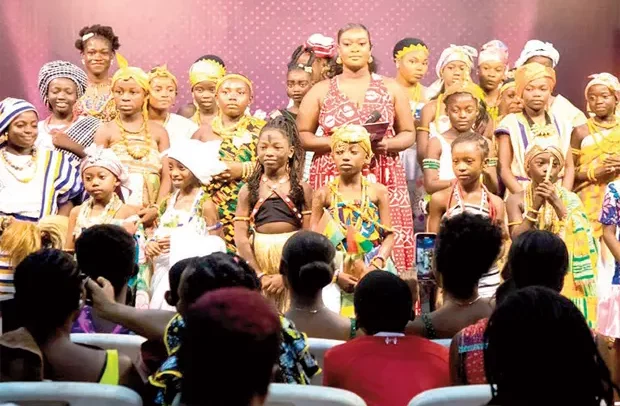
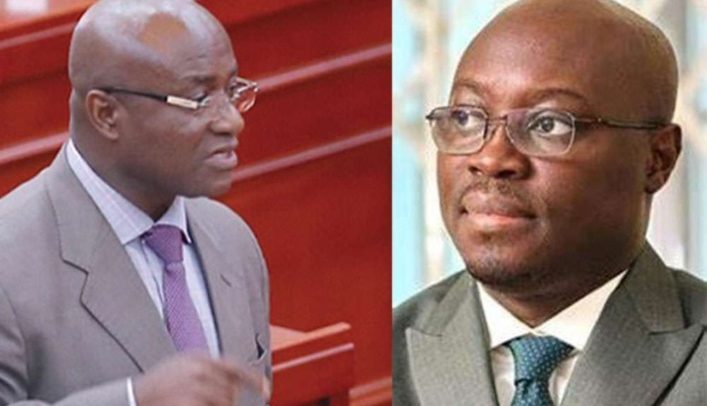
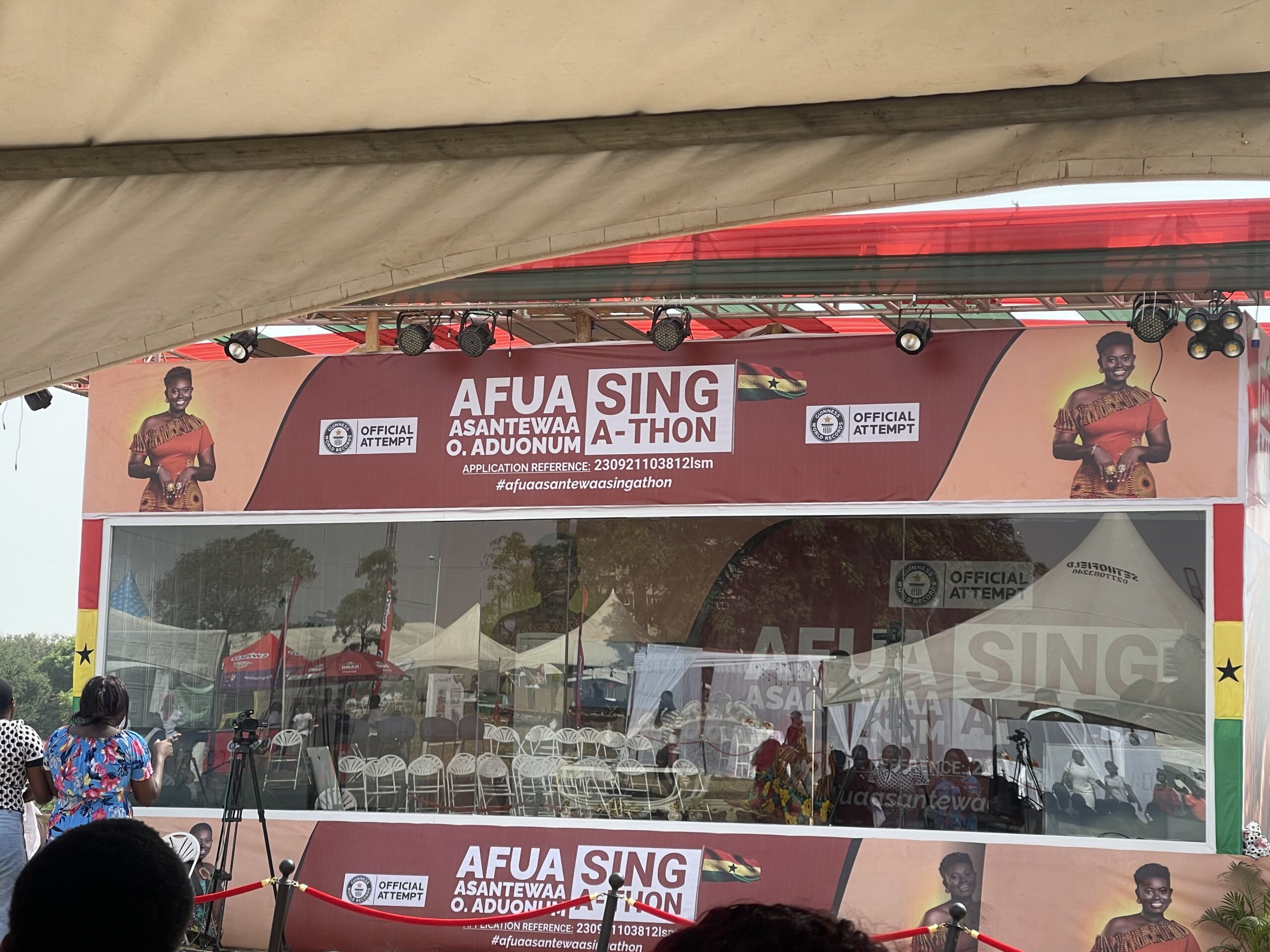




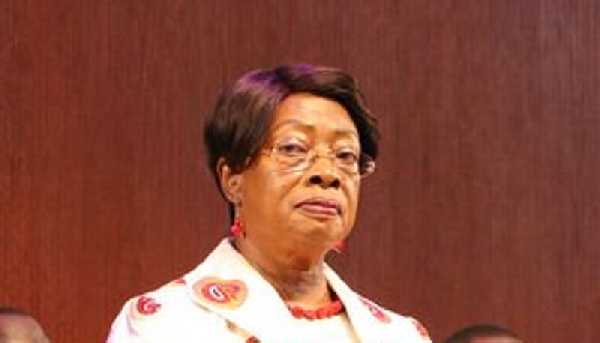


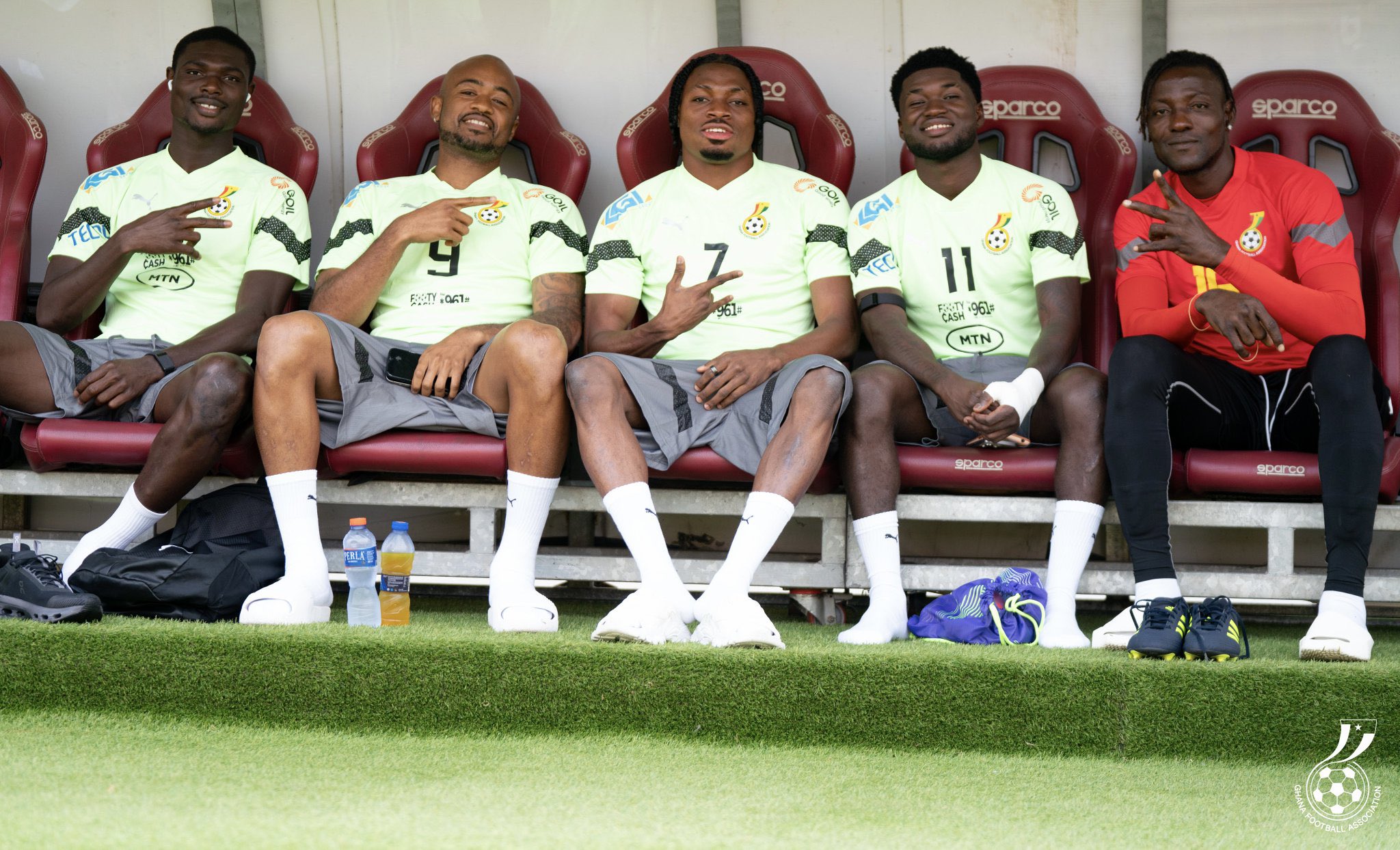


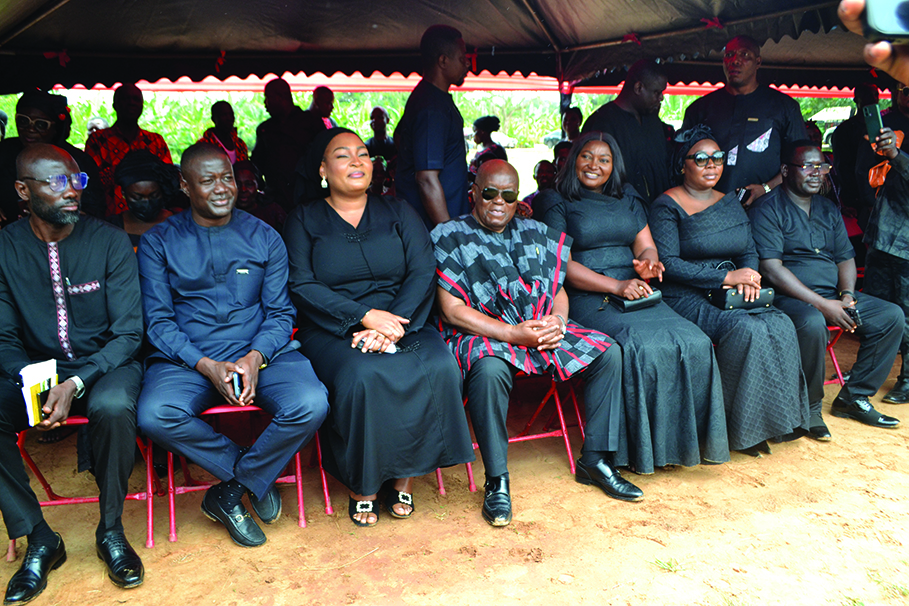
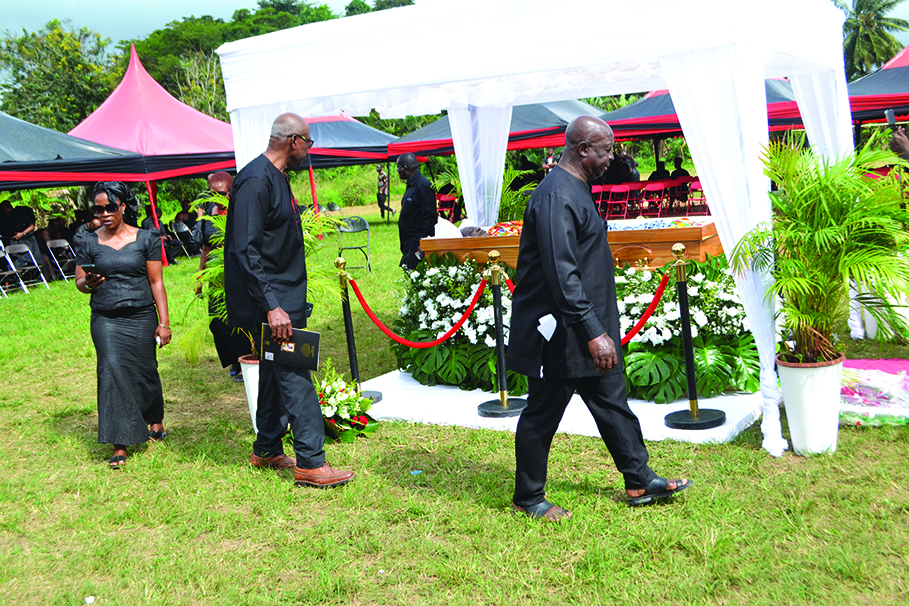
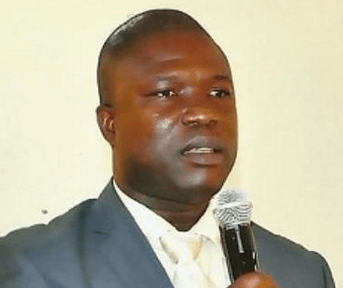
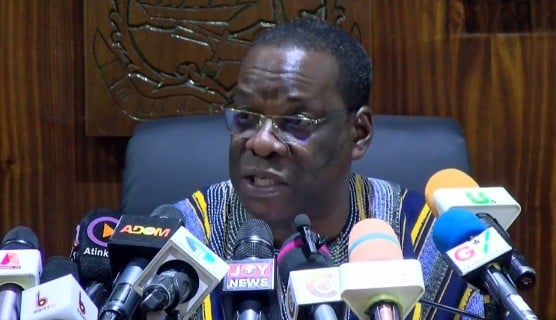

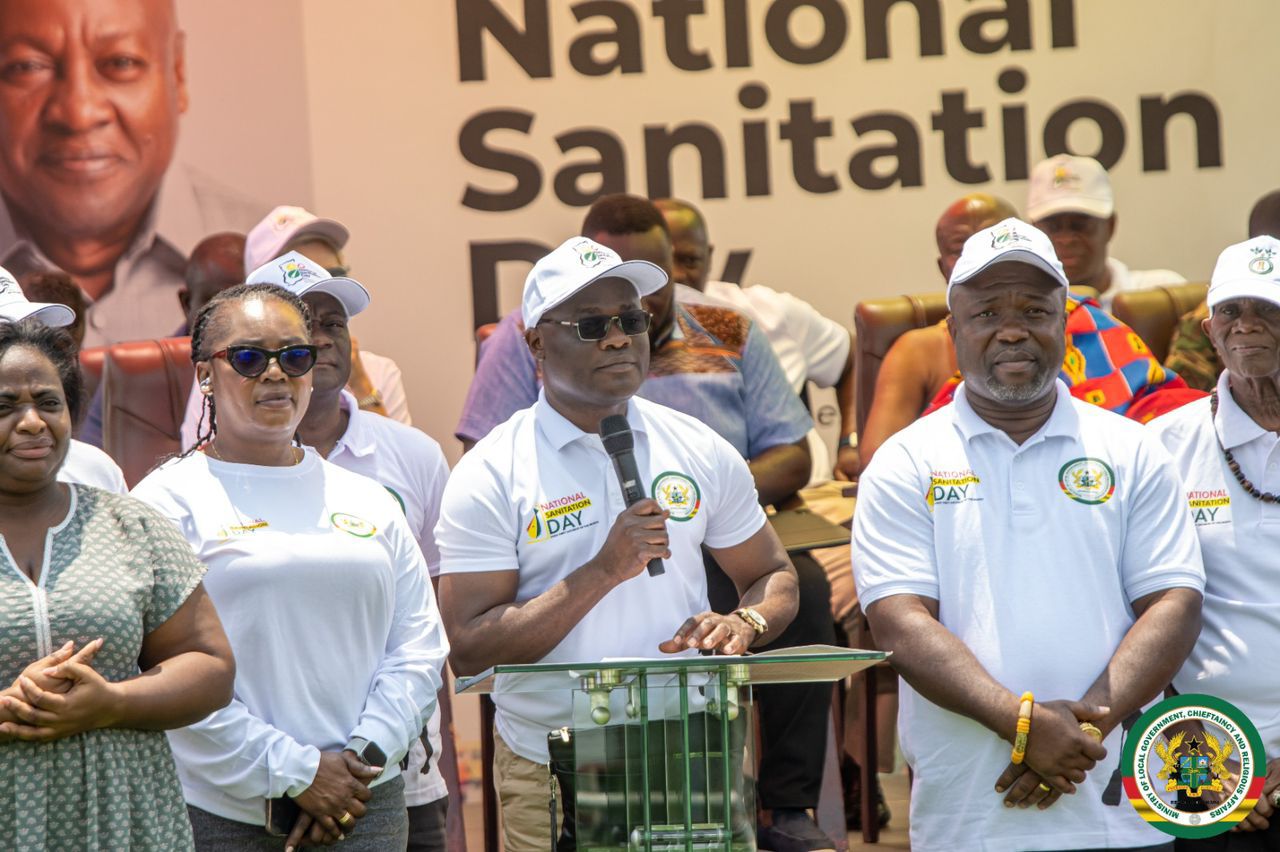


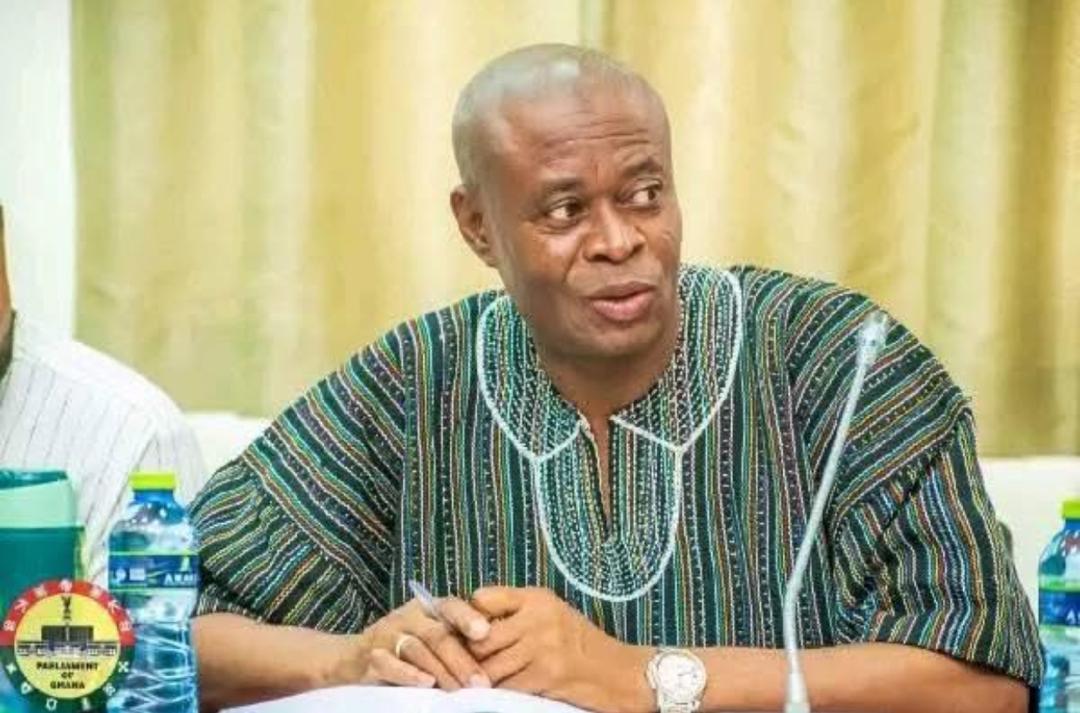

Facebook
Twitter
Pinterest
Instagram
Google+
YouTube
LinkedIn
RSS